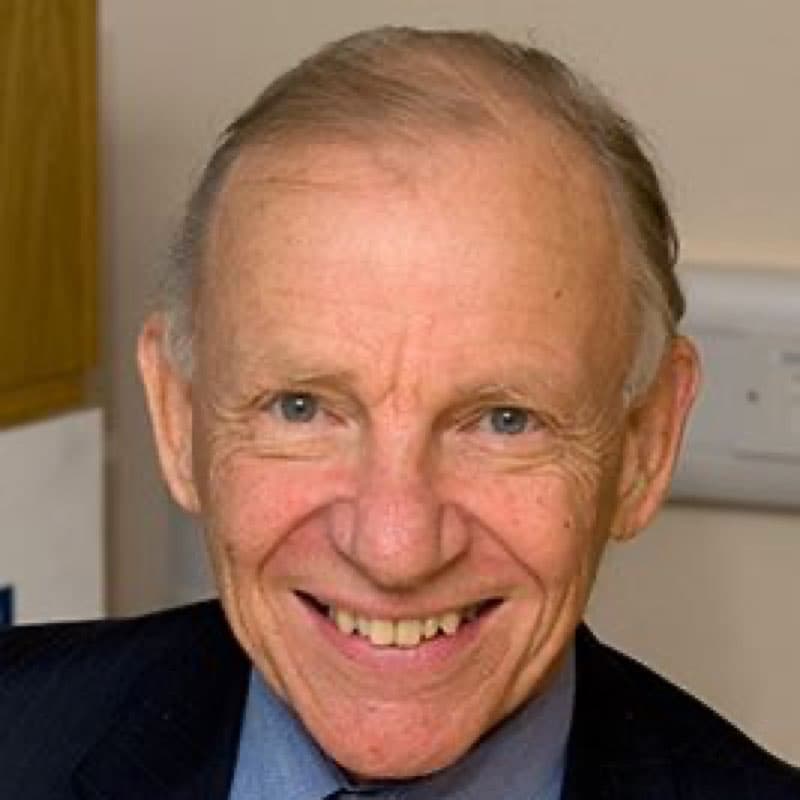
Dr Andrew Graham was Executive Chair of the Europaeum from 2017 to 2020, chairing both the Academic Council and the Executive Committee. He was the driving force in conceiving, implementing and raising the funding for the new Europaeum Scholarship Programme and now combines being a Trustee with being Honorary Consultant to the Programme. He is the former Master of Balliol College, Oxford and is currently a Senior Fellow at the Oxford Internet Institute.
Earlier in his career he was, twice, Economic Adviser to the Prime Minister, Economic Adviser to the Leader of the Opposition, a Fellow and Tutor in Economics at Balliol, and for the academic year, 2012/13, Warden of Rhodes House. He was a Board Member of Channel 4 Television, a Scott Trustee (which owns the Guardian and the Observer) and a Trustee of Reprieve. In 2001, he founded the Oxford Internet Institute and, in 2010, the Balliol Interdisciplinary Institute.
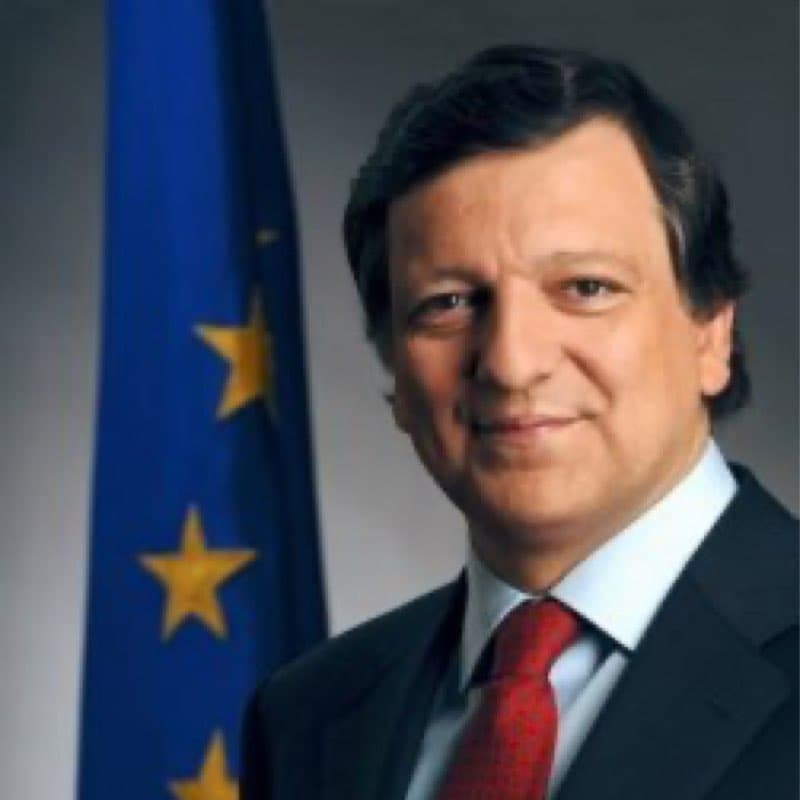
Professor José Manuel Barroso studied law at the University of Lisbon, and then Political Science and European Studies at the University of Geneva. He started his academic career in the Law Faculty of the University of Lisbon, then in Political Science at Geneva, before going as a Visiting Professor to Georgetown University. In 1979, he founded the Portuguese University Association for European Studies and in 1980 he joined the Portuguese Social Democratic Party (PSD). He served as Minister of Foreign Affairs (1992-95) and in 1995, became Head of the International Relations Department of Lusíada University, Lisbon. In 1999, he became President of the Social Democratic Party, and Vice-President of the European People’s Party. In 2002, he was elected Prime Minister of Portugal, until 2004 when he became President of the EC. The Treaty of Lisbon was signed and ratified during his presidency, and he is only the second EC President to serve two terms, after Jacques Delors. He is the recipient of numerous academic distinctions, including the Plus Ratio Quam Vis Gold Medal from our fellow member, the Jagiellonian University, Krakow, last year during its anniversary celebrations attended by Europaeum members. He is currently Visiting Professor of International Economic Policy at the Woodrow Wilson School of Public and International Affairs, Princeton University. He will head the Centre for European Studies at IEP and also teach at the Catholic University of Portugal and the Graduate Institute in Geneva, both Europaeum partners.
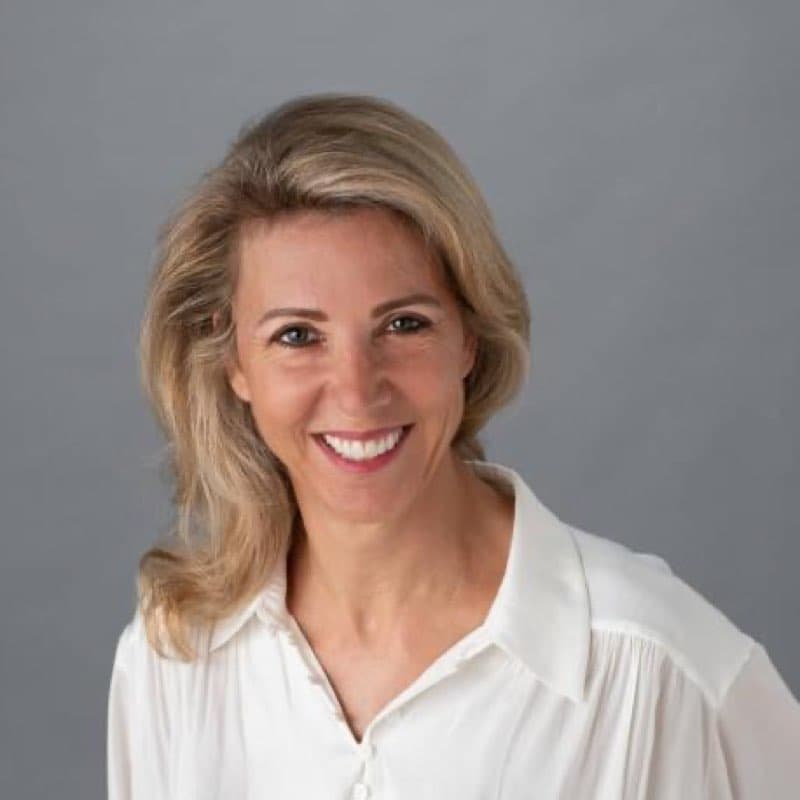
Andrienne d’Arenberg started her career in Vienna with Deutsche Bank and Merrill Lynch in private banking. She then moved to Geneva as a partner in a consultancy firm for 10 years, developing trusted relationships with a variety of high-level stakeholders from business, politics, international organizations, NGOs as well as academia and advising them on strategy, communication and stakeholders’ engagement. She pursued her career at the World Economic Forum as Head of its Family Business Community, where she worked with leading multigenerational families globally on issues related to the success during times of disruption and engaged some of the world’s largest family enterprises in initiatives aimed at creating positive social and environmental change. Andrienne holds a BSc. in international relations from London School of Economic and Political Sciences and completed different Executive Certificates from the IMD Business School, MIT, Harvard, the Graduate Institute, the Oxford Saïd Business School and London School of Economic and Political Sciences. She has recently joined the Oxford Saïd Business School as an Executive in Residence and sits on their Advisory Council of The Ownership Project. She also sits on the boards of several other institutions.
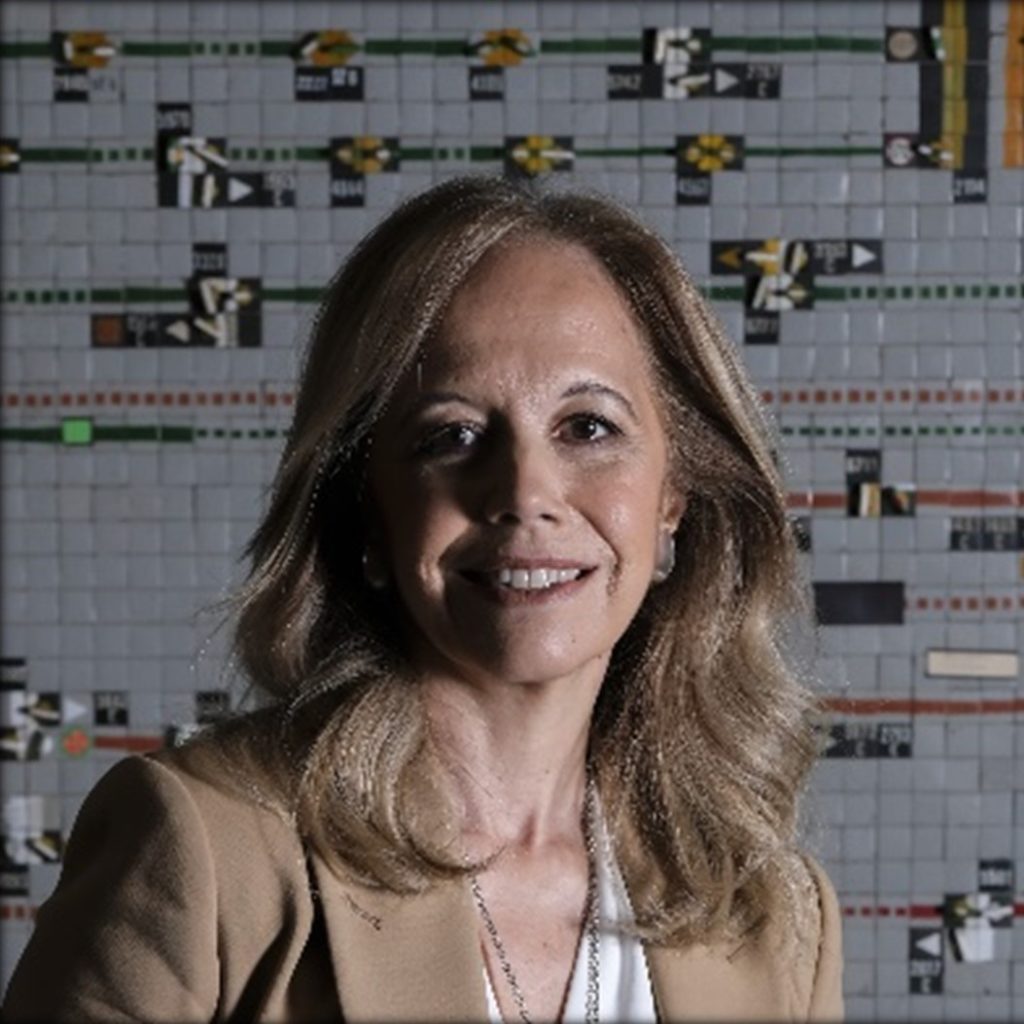
Professor Isabel Maria De Oliveira Capeloa Gil is the Rector of the Catholic University of Portugal (UCP) since 2016 and President of the International Federation of Catholic Universities (IFCU) since 2018. Professor Gil is a Full Professor of German and Culture Studies at UCP’s School of Human Sciences, and holds a PhD in German Studies. She is member of the board of the European Women Rectors Association (EWORA), and a member of the Academia Europea. She is the President of UCP Foundation. Pope Francis appointed her to serve in the Scientific Council of the Holy See’s Higher Education Accreditation Agency (AVEPRO), and more recently as consultant for the Holy See’s Congregation for Catholic Education. In addition, Isabel Gil is Advisory Board Member for the Edmond de Rothchild Board (Europe) and member of the Board of Directors of AmCham (Portugal). She holds an advisory role with the European Council on Foreign Relations. Professor Gil is recipient of Fullbright; DAAD and FLAD fellowships and holds Honorary Doctorate from Boston College and Institut Catholique de Paris. Prof. Gil is the author of over 140 publications, bridging cultural theory, interarts studies, visual culture, culture and conflict.
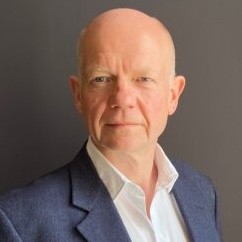
William Hague, who was elected as the new Chancellor of Oxford University in January 2025, is a Trustee of the Europaeum. He replaces Chris Patten, who also served in both roles until earlier this year.
Lord Hague of Richmond was successively British Foreign Secretary and First Secretary of State and Leader of the House of Commons between 2010 and 2015, having previously served as Leader of the Opposition from 1997 to 2001, and as a Cabinet minister in the government of John Major before that.
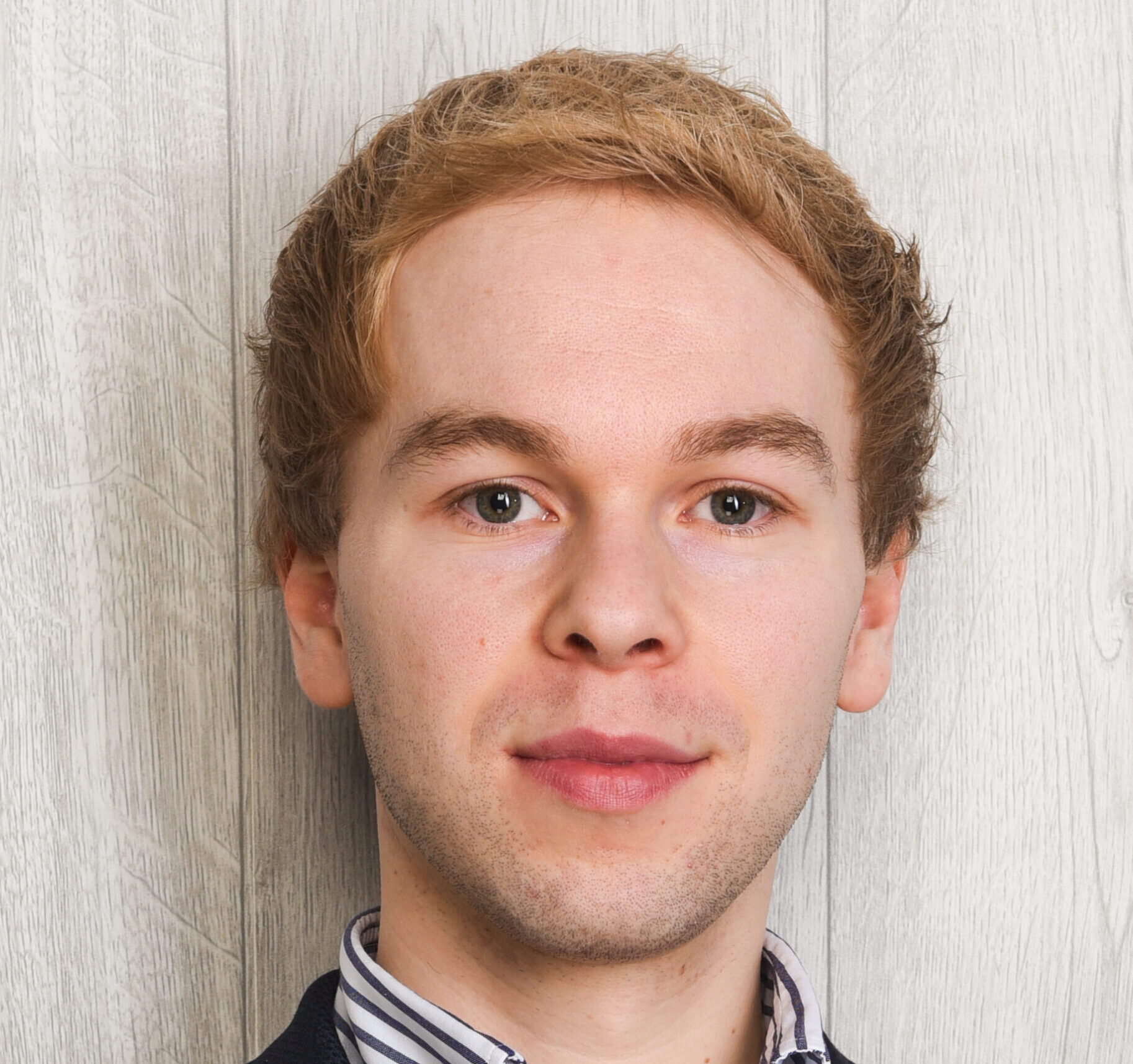
Maximilian Kiener is Head of the Institute for Ethics in Technology at Hamburg University of Technology and a Research Associate at the Uehiro Institute, University of Oxford. Maximilian’s research specialises in moral and legal philosophy, with a particular focus on consent, responsibility, and artificial intelligence. His work explores the integration of ethical principles at every stage of AI development and use.
Before joining Hamburg University of Technology, Maximilian completed both the BPhil (2017, Master’s degree) and DPhil (2019, PhD) in Philosophy at the University of Oxford. He then served as an Extraordinary Junior Research Fellow (2019–2021) and a Leverhulme Early Career Fellow (2021–2022) at Oxford. During his doctorate, he was part of the inaugural cohort of the Europaeum Scholars Programme, an experience that continues to shape his professional trajectory to this day.
In addition to his academic work, Maximilian advises policymakers and industry leaders on ethical issues. His advisory work focuses on digital communication, best practices in medicine, and the responsible development and application of artificial intelligence.
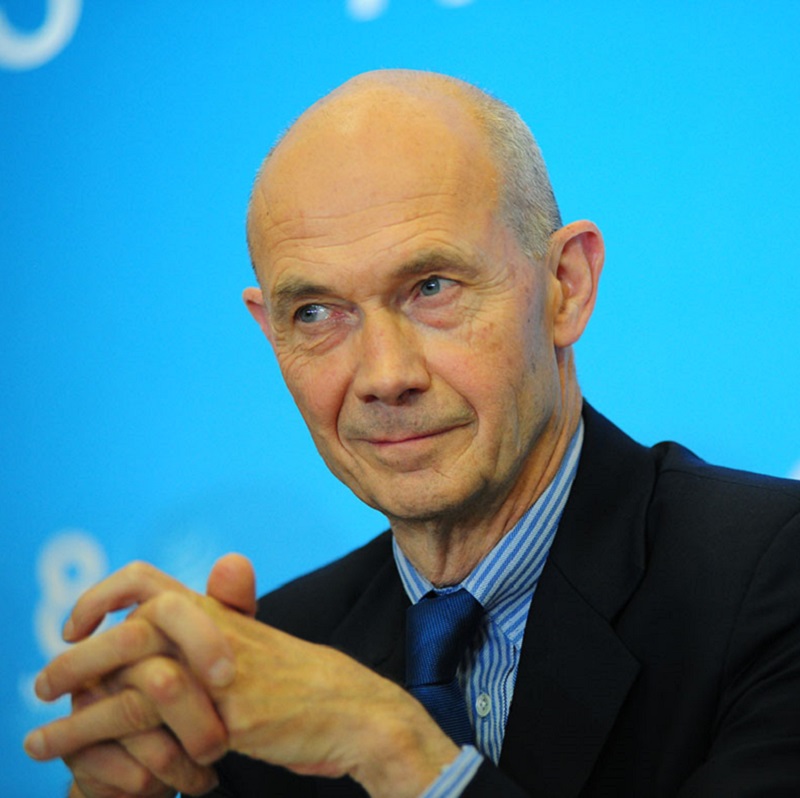
Coordinator of the Jacques Delors Think Tanks (Paris, Berlin, Brussels), President of Paris Peace Forum, Former DG of WTO
Pascal Lamy (pascallamy.eu) is the President of the Paris Peace Forum and of the European branch of the Brunswick Group. He coordinates the Jacques Delors Institutes (Paris, Berlin, Brussels).
He is also President or member of various boards with a global, european or french vocation (European Starfish Mission (ocean), Mo Ibrahim Foundation, European Climate Foundation, IFPRI, PECC, CERRE, TMEA, Antarctica 2020, Transparency International, Alpbach Forum, Beijing Forum, World Trade Forum, WEF, Global Risks, Europaeum, Collegium international, Musiciens du Louvre, Institut Mendes-France, Colbert Foundation, etc.).
He is an affiliated professor at the China Europe International Business School CEIBS (Shanghai) and at HEC (Paris).
From 2005 to 2013, Pascal Lamy served two consecutive terms as Director General of the World Trade Organization (WTO). He was previously Trade Commissioner (1999-2004), Director General of Crédit Lyonnais (1994-1999), Chief of Staff of the President of the European Commission, Jacques Delors and his G7 Sherpa (1985-1994), Deputy Chief of Staff of the French Prime Minister (1983-1985) and to the French Minister of the Economy and Finance (1981-1983).
Last publication “Strange new world” (Odile Jacob 2020), “Où va le monde ?” (Odile Jacob 2018).
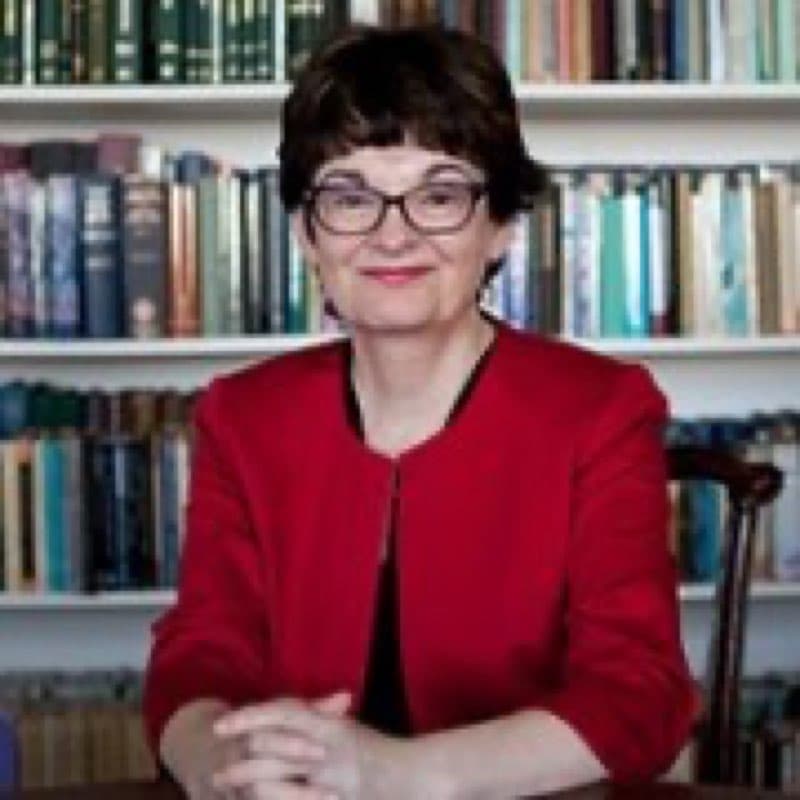
Professor Dame Sally Mapstone is Principal and Vice-Chancellor of the University of St Andrews. She has had a long-standing engagement with international issues and is Chair of the International Advisory Board for the University of Helsinki. She is also an Honorary Fellow of the Foreign Policy Association of America and in 2017 she received the FPA Medal for services to higher education. In 2021 Professor Mapstone became Chair of the Higher Education Policy Institute (HEPI) Advisory Board. She is also a member of the Board of Universities UK and a member of the Trustee Board of UCAS. Before moving to St Andrews, Professor Mapstone was Professor of Older Scots Literature in the Faculty of English Language and Literature at the University of Oxford. At Oxford she also served as Junior Proctor (2006-7); Chair of the English Faculty Board, (2007-10); Pro-Vice-Chancellor for Personnel and Equality (2009-11); and Pro-Vice-Chancellor for Education (2011-16).
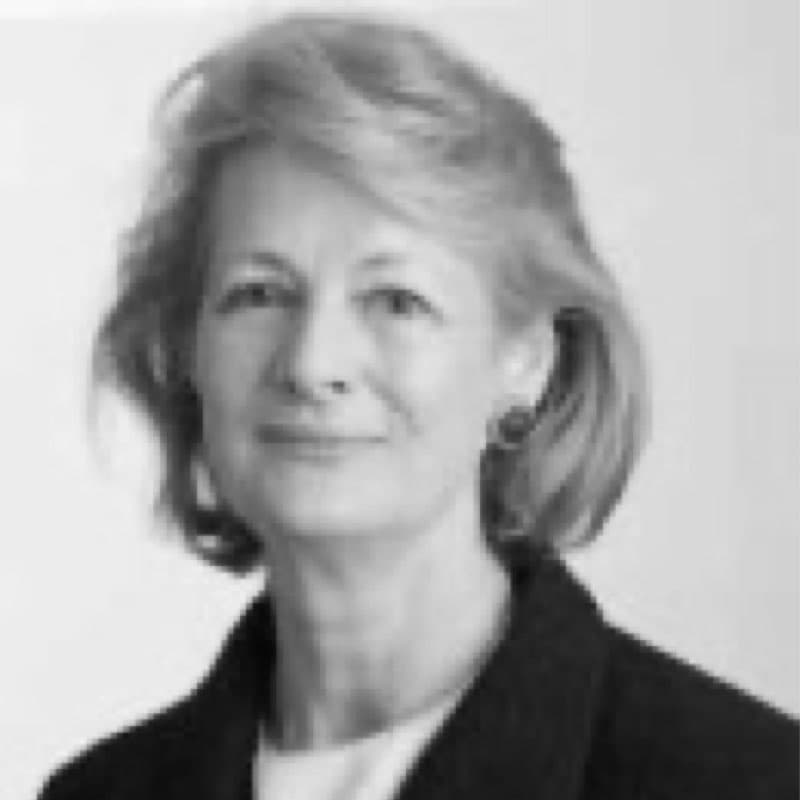
Margaret Jay, Baroness Jay of Paddington
Margaret Jay’s career has combined experience at a senior level in Government public life, the media and business and has worked in the voluntary sector as founder director of The National Aids Trust. After graduating from Oxford University in Politics, Philosophy and Economics she joined the BBC and began a twenty year career in broadcasting. In 1992 she was appointed as a ‘working peer’ to the House of Lords by the Labour Party and held Opposition front bench posts during the 1990s. At the same time she joined the Board of the London Broadcasting Company, and later of Carlton Television and Scottish Power. She was also on the Advisory Board of the Meteorological Office and chaired the Shopping Hours Reform Council which successfully lobbied to change the law on Sunday trading in 1994. In 1997 Margaret Jay was appointed Minister of State in the Department of Health, and the following year she was appointed to the Cabinet as Leader of the House of Lords, Lord Privy Seal and Minister for Women. Since 2001 she has extended her business interests as a non executive director of British Telecom and The Independent News and Media Company. She served as the senior independent director of INM and also acted as a political consultant, and as chair of the independent research organisation The Overseas Development Institute. From 2007 to 2015 she has served and chaired various committees in the House of Lords. the UK’s policy in Iraq.
Her primary interests remain health, communications, European and international affairs and overseas development.
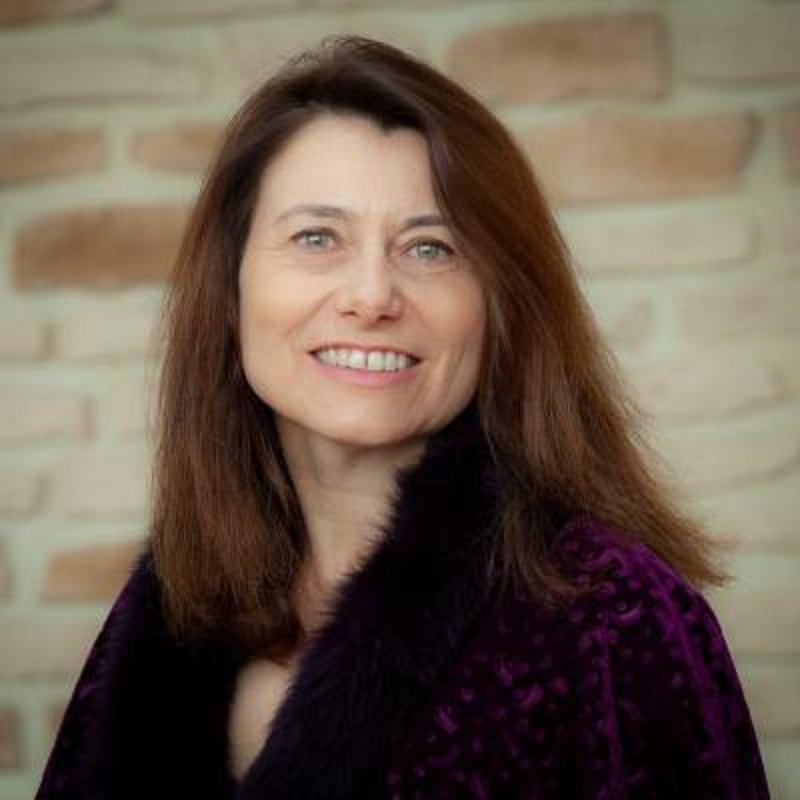
Marie-Laure Salles is the Director of the Graduate Institute of International and Development Studies. Before joining the Institute, she was Dean of the School of Management and Innovation at Sciences Po Paris, a school she launched in 2016. Before that, she was Professor at ESSEC Business School, where she was also, in turn, Dean of the Faculty and Associate Dean for the PhD Programme.
With a PhD in Sociology from Harvard University and a habilitation à diriger les recherches from Dauphine University in Paris, Marie-Laure Salles was, until her arrival in Geneva, Professor at the Centre de sociologie des organisations (CSO) at Sciences Po Paris. Her research interests range from the role of social networks in the transnational diffusion of rules, practices and ideas, to the historical transformation of capitalism and national institutions, with a particular interest for the evolving nature of the social responsibility of firms and for the changing conditions of transnational dynamics of economic governance in the context of globalisation. She has published broadly on those issues in top academic journals and books, and has received several awards, including the prestigious Max Weber Award for Distinguished Scholarship from the American Sociological Association in 2000.
Marie-Laure Salles has been a visiting professor in prestigious academic institutions in the United States and Europe. She holds a PhD honoris causa from Stockholm University and was made a Knight in the Legion of Honour by the French Government in 2017.
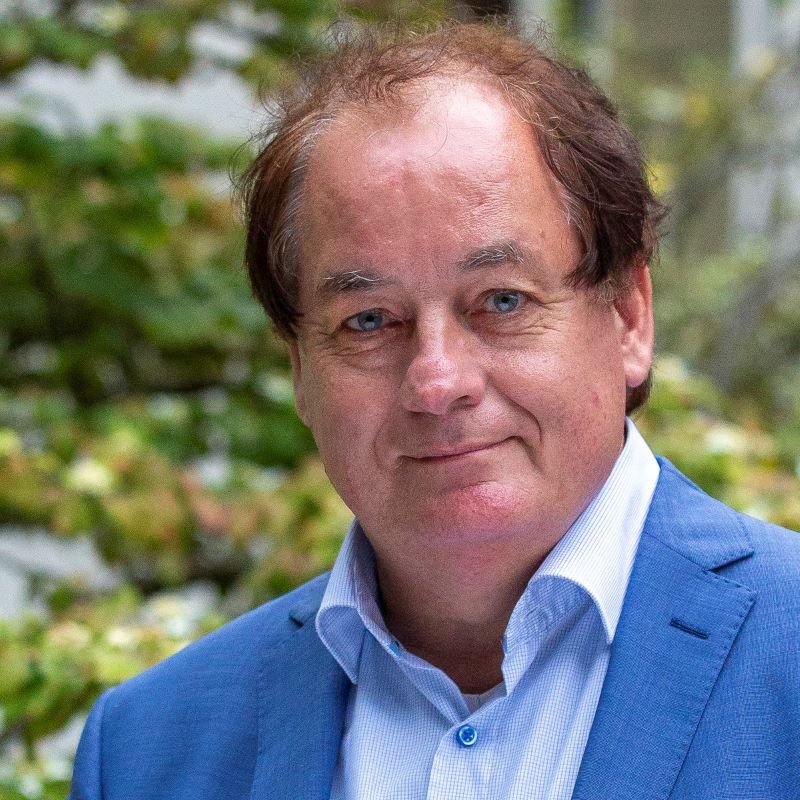
Wim van den Doel has been Dean of the Leiden-Delft-Erasmus Universities alliance since February 2020 and Professor of History at Leiden University since 2004. He received his PhD at Leiden University in 1994 and published mainly on the history of the Dutch East Indies. In 2021 he published a biography of Christiaan Snouck Hurgronje, one of the first Western scholars visiting Mecca and one of the most important colonial administrators of his time.
From 2007 to 2017 he was dean of the faculty of Humanities of Leiden University and from 2017 to 2020 he was member of the Executive Board of the Dutch Research Council, chair of the domain Social Sciences and Humanities and responsible for National Research Agenda.
He has been involved with the Europaeum for many years.
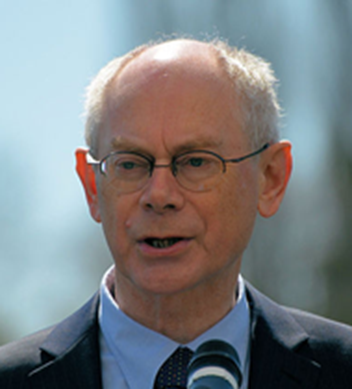
Herman Van Rompuy served as the first full-time President of the European Council from December 2009 to November 2014, having previously been Prime Minister of Belgium (2008-09), Speaker of the House of Representatives in Belgium (2007-08), Minister of State (2004), Deputy Prime Minister and Minister for the Budget (1993-99), and Secretary of State for Finance and Small Businesses (1988).
A former economist at the National Bank of Belgium, who then worked in ministerial cabinets and taught as a Professor at the Handelshogeschool in Antwerp and Vlaamse Economische Hogeschool (VLEKHO) in Brussels, Herman Van Rompuy served in the Belgian Parliament for over 20 years, successively as a Senator (1988-95) and a Member of the House of Representatives (1995-2009).
Born in Brussels in 1947, he holds an undergraduate degree in philosophy and a Master’s degree in economics from KU Leuven university. He is President of the Administrative Council and visiting professor at the College of Europe in Bruges, and Honorary President of the European Policy Centre think tank in Brussels.
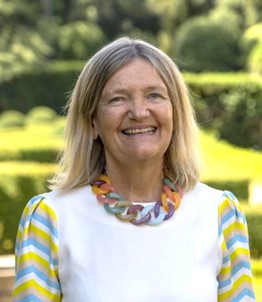
Brigid Laffan is Chancellor of Limerick University, Emeritus Professor at the European University Institute (EUI) in Florence and President of the European Policy Centre think tank in Brussels.
Brigid Laffan was Director and Professor at the Robert Schuman Centre for Advanced Studies and Director of the Global Governance Programme and the European Governance and Politics Programme at the European University Institute from 2013-2021.
She was previously Professor of European Politics at the School of Politics and International Relations at University College Dublin (UCD), Vice-President of UCD and Principal of the College of Human Sciences from 2004 to 2011.
Prof. Laffan was also the founding director of the Dublin European Institute UCD from 1999. She is a member of the Royal Irish Academy and was on the Board of the Mary Robinson Foundation for Climate Justice and the Fulbright Commission (until September 2013). She was also the 2013 Visiting Scientist for the EXACT Marie Curie Network.
Professor Laffan has been awarded the UACES Lifetime Achievement Award and the THESEUS Award for outstanding research on European Integration.
The Europaeum is a UK Charity (No:1105477) and a not-for-profit company limited by guarantee (No: 04639157). Its Articles of Association and its most recent Report and Accounts are officially registered with Companies House. Our Annual Reports may be read below.
It is governed by a Board of Trustees (see above), which has the overall responsibility for the organisation. The Chair of Trustees is Dr Andrew Graham. The Trustees must include two current Rectors/Vice-Chancellors of member universities and up to fifteen other individuals.
The Executive Director of the Europaeum is Anthony Teasdale.
The Trustees are advised by the Europaeum Academic Council, which consists of two representatives per university: the Rector (or his/her nominee) and one other senior academic. The day-to-day running of the Europaeum is overseen by the Executive Director, who consults regularly with an Executive Committee (a sub-section of Academic Council).
